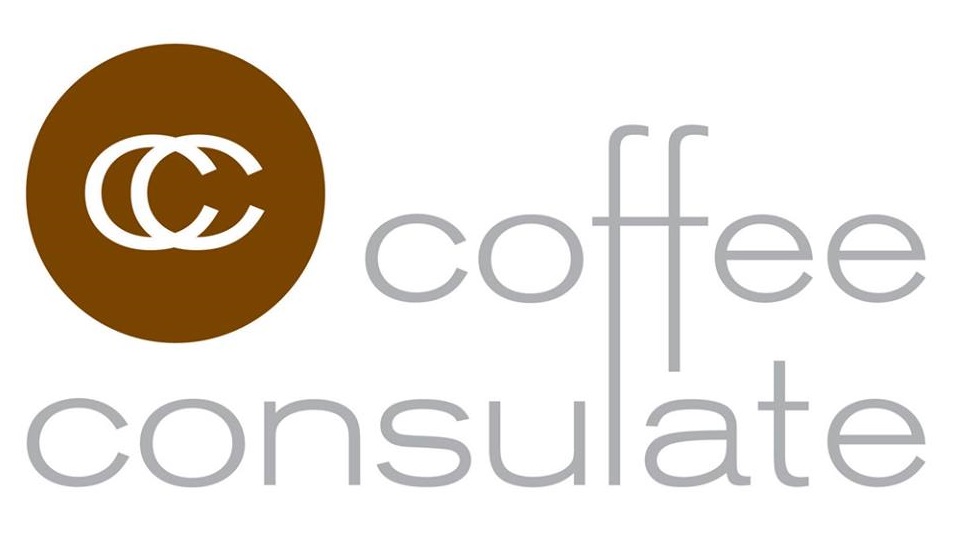
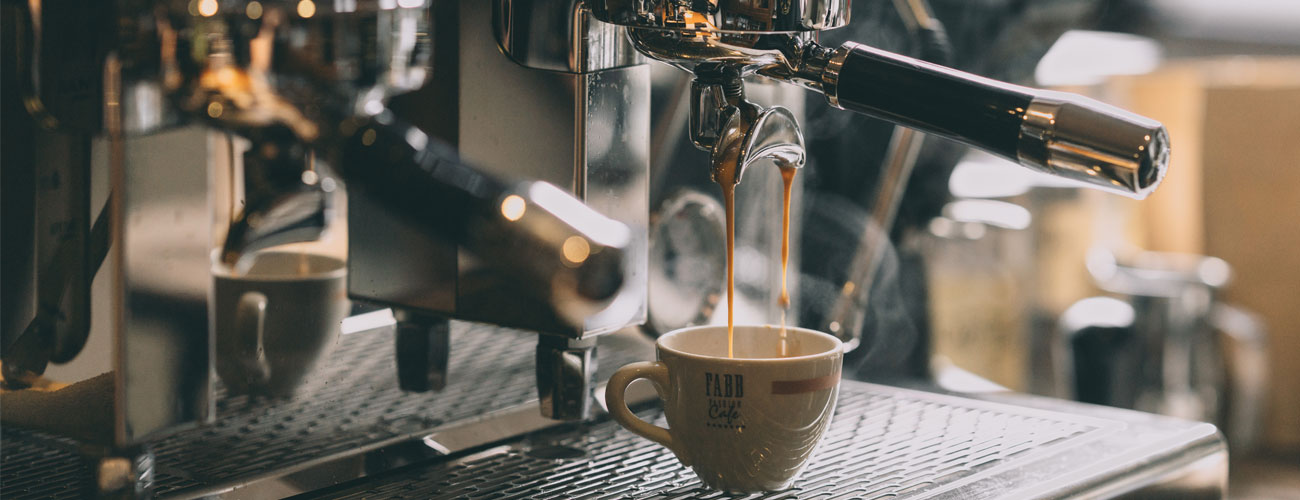
COFFEOLOGIST EDUCATION (12 days)
Patterned after the training model of sommeliers and oenologists in the wine industry, this course aims to produce supremely knowledgeable coffeeologists who will champion the bean-to-cup process. This module is ideal for coffee trainers, technicians, developers, roasters, and managers.
This module uses a scientific approach in providing intensive knowledge on coffee cultivation, processing, botanical background, defects and their causes, sensory aspects, and barista essentials.
Workshops included:
- Coffee Provenances
This workshop’s distinction is on the focus on tasting and how coffee is presented in various areas in the world, as well as the geographic and botanical influences on the taste of coffee.
Program Details
- Session 1: Influences on taste – How cultivation, climate, soils, varieties, and processing methods (sweetness and acidity charts) influence taste.
- Session 2: Presentation – All about how various coffee-producing countries present their coffee and what their specialty coffees are.
- Session 3: Preparation and tasting – Involves various specialty coffees typical of a specific country; includes a group compilation of flavour profile zones: Africa, Latin America, South America, Asia, particularly exotic locations.
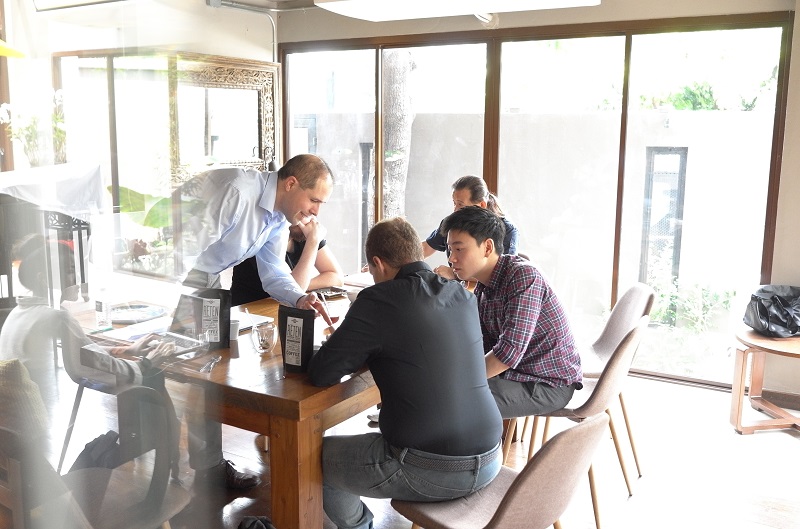
- Coffeebar Basics
The trends and outlook, quality management, and the German coffee bar market are the topics covered by this workshop.
Program Details
- Session 1: Overview – A bird’s eye view of the German coffee bar market. Which direction is the market taking?
- Session 2: Economic independence – On choosing the type of enterprise – franchise, licensed, or independent – and tips on how to make your coffee shop truly economically independent.
- Session 3: Brands and branding – Private labels, trademark protection, fixtures and fittings, market analysis, and calculations (prices, rents, and salaries) will all be discussed.
- Session 4: Coffee bar tour of Mannheim – Participants visit different coffee shops and coffee bars in Mannheim. Observation of concepts, strengths, and weaknesses must be done; attendees are to discuss with fellow participants.
- Roasting Basics
Roasting Basics provides insights to the theory and practice involved in the roasting process.
Program Details
- Session 1: Green coffee vs. roasted coffee – All about the chemical composition of green coffee and roasted coffee; a closer look at how coffee changes during roasting.
- Session 2: Fundamentals of roasting – The types of roasters, methods of heat production, heat control principles and the type of heat projection used are discussed.
- Session 3: Physical and chemical processes in roasting – The roasting stages, roasting profiles, and the chemical changes of coffee, including the impact on flavour profile are discussed.
- Session 4: Practical roaster exercises – The class practices roasting coffee on a 2 kg drum roaster.
- Session 5: Roasting practice – Participants complete a number of roasts with different roasting profiles using the test roaster.
- Session 6: Cupping the roasts – The roasted coffees are tasted; the influences of the different roasting profiles are also discussed.
Discussion – The class discusses the results.
- Coffee Drinks
This workshop is all about the production of coffee drinks using a variety of tools and ingredients.
PROGRAM DETAILS
- Session 1: Sensory influences – Taste, mouthfeel, aromas, temperature, and profile smoothing (smoothening) are discussed.
- Session 2: Basics of coffee drink ingredients – On creating coffee drinks using sugar, cocoa, spices, sauces, pastes, syrups, milk, cream, and etc.
- Session 3: Technique – Fundamental techniques for coffee drink preparation, including siphon techniques. Includes a practical session on learning and using the different techniques for a variety of simple coffee drink samples.
- Session 4: Coffee drink basics – Classic coffee drinks and drinks without alcohol are included in the instruction, as well as a practical session in preparing coffee drinks.
- Session 5: Cold drink essentials – Cold drink techniques and ingredients used are discussed, including cooling, frappés, iced drinks, frozen drinks, and production of cold milk foam.
- Session 6: Presentation and preparation of various cold coffee drinks – Presentation and preparation of affogato, iced cappuccino, iced latte macchiato, iced mocha, ice-cream coffee, frozen latte, iced espresso, and caffè shakerato.
- Latte Art Pouring
The focus is on milk and its quality classes, as well as milk tasting, and correct frothing, micro bubbles. The correct preparation of cappuccinos and latte art are also included.
PROGRAM DETAILS
- Session 1: Milk The technology involved, types, methods, composition, chemical and formula are discussed. Includes a practical session on tasting different types of milk.
- Session 2: Milk froth – Instruction on technique, processes during frothing, and deterioration, with participants undergoing frothing exercises.
- Session 3: Latte Art – Pouring techniques, patterns, and preparation of coffee drinks with latte art design (pouring techniques) are covered.
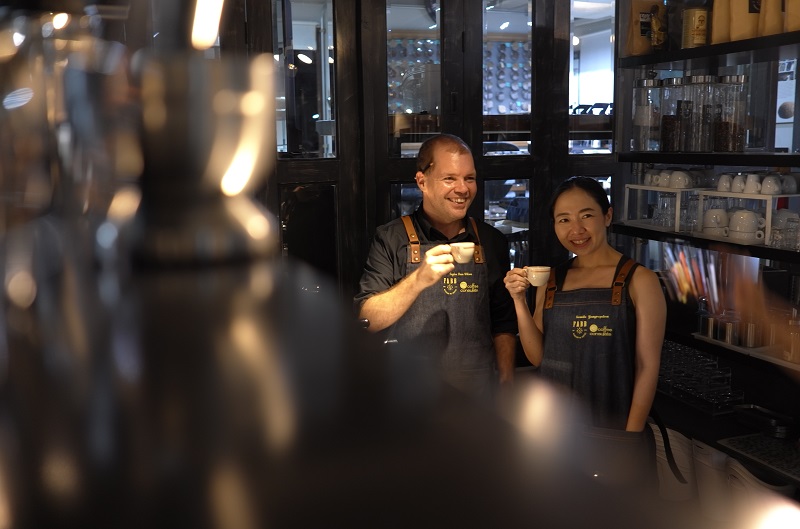
- Espresso
This workshop covers the fundamental topics of espresso coffee: grinding, tamping, extraction, and the classic espresso drinks.
PROGRAM DETAILS
- Session 1: Espresso – Discussion of the various types, blends, single-origin espresso, and crema.
- Session 2: Espresso technique – Instruction on water hardness, temperature, and humidity.
- Session 3: Extraction – All about the theory, ingredients, dosage, water, frequently-committed mistakes, and the 5-cup test.
- Session 4: Grinding – Topics include grinder types, grinding levels, and dosage.
- Session 5: Espresso preparation – Dosage, leveling, and tamping are explained.
- Session 6: Espresso preparation – Practical engagement of dosage, leveling, and tamping by participants
- Session 7: Classic espressos – Ristretto tasting, doppio, and lungo are discussed.
- Session 8: Influence of cups – Tasting various espressos in different cups by participants.
- Session 9: Cleaning – How to correctly clean grinders, portafilter machines, and fully automatic machines, as well as the cleaning products used.
- Coffee Preparation
Instruction provided revolves around the different methods used to prepare coffee and how they affect the taste. The finer points on the methods are also included.
PROGRAM DETAILS
- Session 1: History of coffee making – An explanation of the common preparation methods and their national influences.
- Session 2: Extraction – A scientific approach to coffee preparation is used in this segment. The classification and description of different extraction methods and the discussion of advantages and disadvantages are also covered.
- Session 3: Presentation and preparation of coffee – Lixiviation, gravitation, pressure, and combi-methods are included in the instruction; there also is a practical session where the participants prepare coffee.
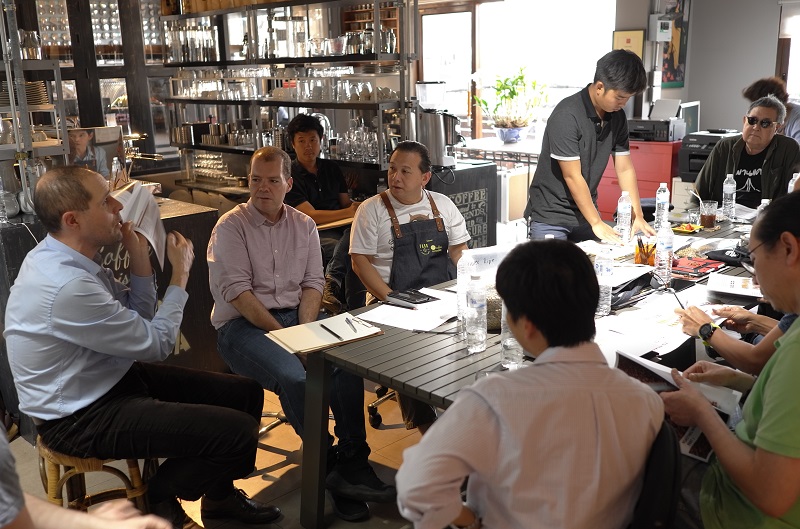
- Coffee Aromas
The theory of aroma, various descriptors and the main and subgroup classifications, and working methods are covered by this workshop.
PROGRAM DETAILS
- Session 1: Aromas – Introduction to aroma theory; instruction on working methods and descriptors.
- Session 2: Coffee Aroma Wheel – A presentation and explanation of our Coffee Aroma Wheel.
- Session 3: Aroma identification – Discussion on various descriptors, their classification into the eleven aroma groups, and the determination of the subgroups.
- Session 4: Aroma identification – Another activity on various descriptors, their classification into the eleven aroma groups, and the determination of the subgroups.
- Session 5: Aroma identification – Further learning on various descriptors, their classification into the eleven aroma groups, and the determination of the subgroups.
- Session 6: Discussion – Summary and group discussion of various factors influencing aroma perception.
- Cup Tasting
The instruction involved is on the variables that influence cup tasting, plus their impact on the flavour profile based on certain disturbing factors.
PROGRAM DETAILS
- Session 1: Cup tasting 101 – On the fundamentals, application (defect detection, describing taste), and description of various cup tasting methods.
- Session 2: Setting up a cup tasting session – Technical fundamentals, dos and don’ts, and guidelines involved.
- Session 3: Practical Cup tasting (practical) – Involves the actual tasting of coffee samples, calibration of all participants to the flavour profile, and the documentation of the flavour profile.
- Session 4: Discussion of the flavour profile
- Session 5: Beyond cup tasting basics – The factors influencing flavour profiles are presented via improper setup; influences of defect sizes (dosing of coffee grounds, water volume, water temperature, break, etc.) are also discussed.
- Session 6: Cup tasting architecture – Instruction on the different assessments of the same coffee sample through a change of sequence in the setup. Cup tasting of canephora coffees is also done, as well as a discussion of the associated flavour profile as compared to arabica coffee.
- Session 7: Discussion – The day’s outcomes and the influencing factors determined are the focal point, including the significance for day-to-day work.
- Sensory Aspects of Coffee
This workshop is steeped in the fundamentals of the sensory aspects of coffee. Sensory methods and what impacts and influences taste are also discussed.
PROGRAM DETAILS
- Session 1: Sensory Aspects – Instruction on terminology, aroma, taste, body, and flavour.
- Session 2: Influences on the formation of taste – A background on the geographical and cultural influences, and the impacts on taste profiles.
- Session 3: Flavour profile – Involves tasting coffee samples, calibration of all participants to the flavour profile, and documentation of the flavour profile.
- Session 4: Influencing parameters – The factors influencing the flavour profile are presented.
- Session 5: Food sensory testing methods – Discrimination test, descriptive test, affective test, threshold test, recognition test, priority test, and triangle test are all included.
- Session 6: Cup tasting – Different cup tasting methods are presented and various single-origin coffees are tasted; also includes the creation of flavour profiles with subsequent calibration and blind tasting with triangle sensory tests for sensory training.
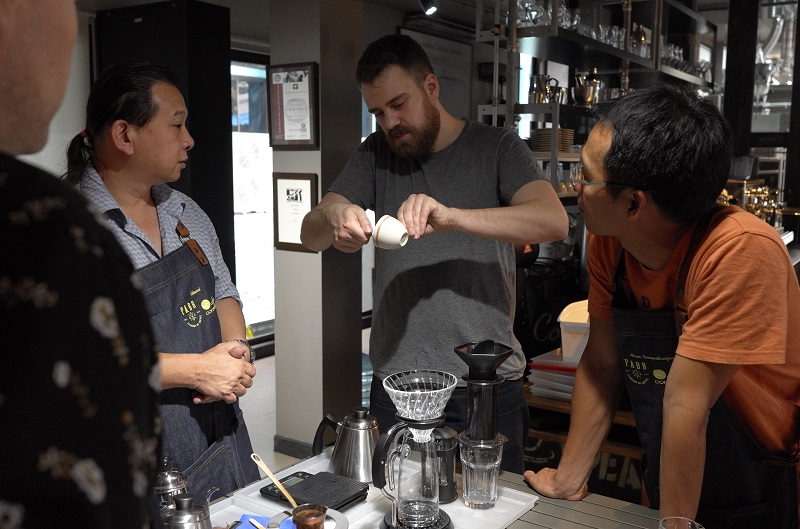
- Coffee Taxonomy
The topics revolve around origin, botany, cultivation, coffee species, coffee varieties, and dispersal.
PROGRAM DETAILS
- Session 1: Coffee species and varieties – Botanical and taste properties are highlighted.
- Session 2: Origin – Discussion of geographical areas of origin of coffee species.
- Session 3: Cultivation and dispersal – About the dispersal of the coffee species and the creation of new varieties via selection and hybridization.
12. Coffee Production
This workshop is all about coffee cultivation, from planting to storage of harvest.
PROGRAM DETAILS
- Session 1: Cultivation – The discussion is about year-round plantation management, rearing germination capacity of seeds, and pruning.
- Session 2: Pests – Lecture tackles fungus, insects, nematodes, and other pests.
- Session 3: Processing – All about dry and wet processing and their influence on taste.
- Session 4: Drying – Involves drying methods and their advantages and disadvantages.
- Session 5: Storage and hulling – Discussion about the storage and hulling methods involved in coffee production.


hello..sir/madam
thes is Pasang n do you have a course on July 2018..if so I would love to join this training…is it sca certified training please let me know.tjank you